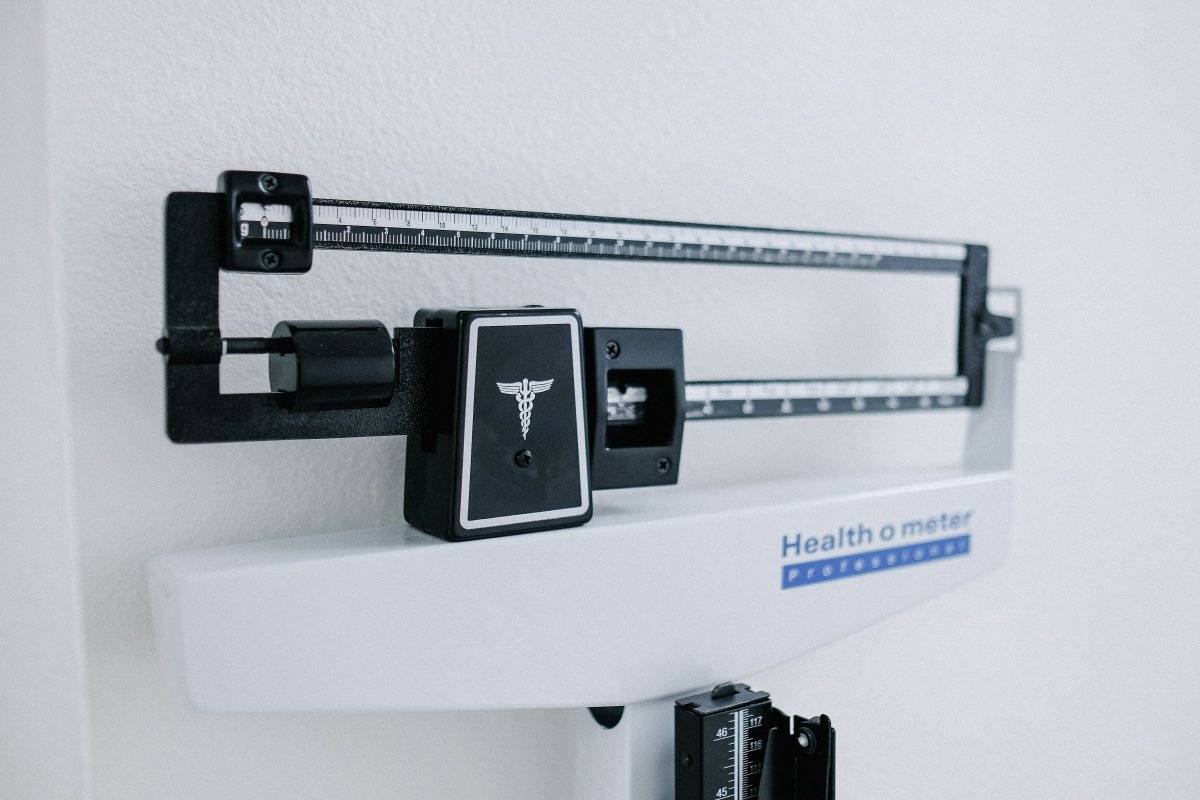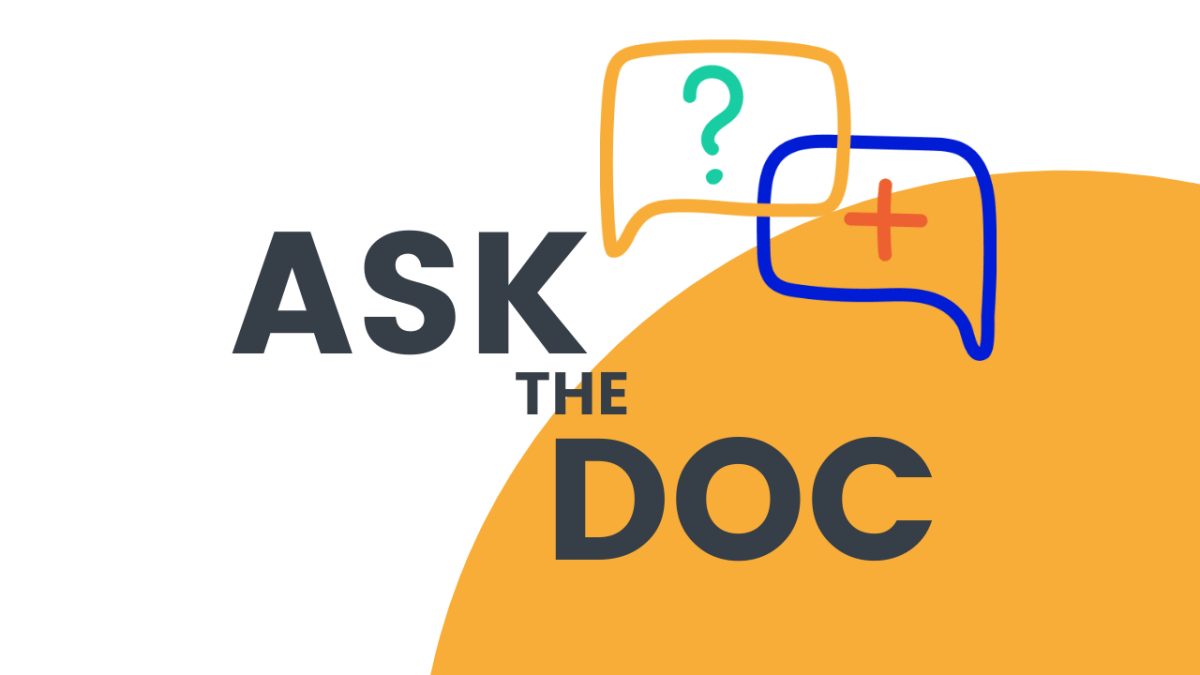Movember shines a light on men’s health, but the conversation cannot end there. Many men continue to face silent struggles with low mood, reduced motivation, or weight concerns, often without seeking help. Research shows that social expectations around masculinity can make men less likely to reach out for support, even when they need it most. This newsletter explores how simple actions can uplift the mental and physical health of the men in your life, and how supportive routines can spark meaningful change.
Why Your Support Matters
Men are less likely to seek help for mental distress, which is partly shaped by norms around masculinity, independence, and stoicism. Studies show that many men struggle to mobilise social support, often feeling pressure to appear strong or self-reliant.
One large study published in Sage Open found that masculine norms directly influence how men express vulnerability, cope with stress, and access emotional support. Similarly, research in Frontiers in Sociology shows that men often navigate “varied and complex pathways” before seeking help, and social encouragement can be a primary catalyst for taking that step.
These findings make one thing clear. Support from a friend, partner, or colleague is not trivial. It can be a turning point.
Spotting the Early Signs
Low mood and changes in physical health often appear side by side. You might notice a drop in motivation, disrupted sleeping patterns, more frequent cancellations of plans, or subtle comments about feeling “tired of everything.”
Research indicates that men who experience psychological distress may also withdraw socially, making early signs easy to miss. Understanding these cues makes it easier to open supportive, judgment-free conversations; something men consistently report as helpful in navigating mental or physical health concerns.
The Power of Small, Sustainable Steps
Men often feel pressure to commit to big lifestyle changes, yet evidence suggests that small, achievable actions create more lasting improvements.
A study in BMC Public Health found that men are more likely to engage with weight-loss services and lifestyle changes when the goals are practical, realistic, and framed around health rather than appearance. Likewise, reviews of peer-supported weight-loss programmes show that men benefit from collaborative, low-pressure environments where small wins are celebrated rather than scrutinised.
Behavioural science also highlights the importance of self-efficacy — the belief that you can change. Every successful small step strengthens that belief and builds momentum for the next one.
Simple actions that work:
-
A 20 minute walk at lunch
-
Checking in with a friend once a week
-
Planning two drink-free days
-
Improving sleep routines
-
Sharing healthier meals. Each small step builds emotional resilience while supporting weight and metabolic health.
Reframing the Conversation Around Health
Talking about weight can feel sensitive for anyone, especially men. Instead of focusing on appearance or numbers, shift the conversation toward mood, energy, confidence, and long-term wellbeing.
Research published in Psychology & Health shows that weight loss through dietary and behavioural interventions not only improves physical health but can lead to significant psychological benefits, including better mood and higher self-esteem.
Reminding men that feeling better is just as important as looking better can reduce pressure and make health changes more accessible and less intimidating.
Encouraging this mindset, alongside supportive habits and reliable resources, can make a meaningful difference in someone’s mental and physical wellbeing.
Conclusion
Supporting the men in your life does not require expertise or grand gestures. A conversation, a shared walk, or a nudge toward healthier habits can spark lasting change in both mental and physical wellbeing.
If you, or someone you care about, wants to take the first step toward better health, Rightangled is here to support you.
Explore our trusted weight management services and personalised assessments to help build a healthier, more balanced future.
👉 Take the first step today.
References
-
Griffiths D. Masculinity, Social Connectedness, and Mental Health: Men’s Diverse Patterns of Practice. Sage Open.
-
Seidler ZE et al. Men’s Help-Seeking for Distress: Navigating Varied Pathways and Practices. Frontiers in Sociology.
-
Robertson S et al. Exploring the Influences on Men’s Engagement with Weight Loss Services. BMC Public Health.
-
Leahey T et al. Peer Support in Weight-Loss Interventions. Springer.
-
Lasikiewicz N et al. Psychological benefits of weight loss following behavioural and dietary interventions. Psychology & Health.





يشارك:
Men’s mental health and weight. Why Movember is the right time to join the dots